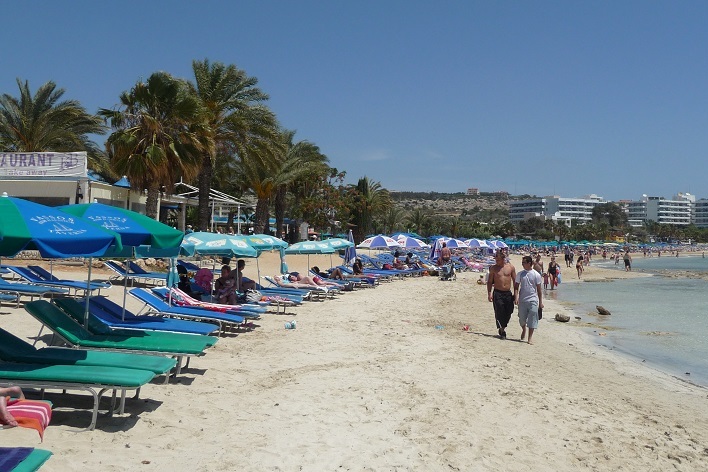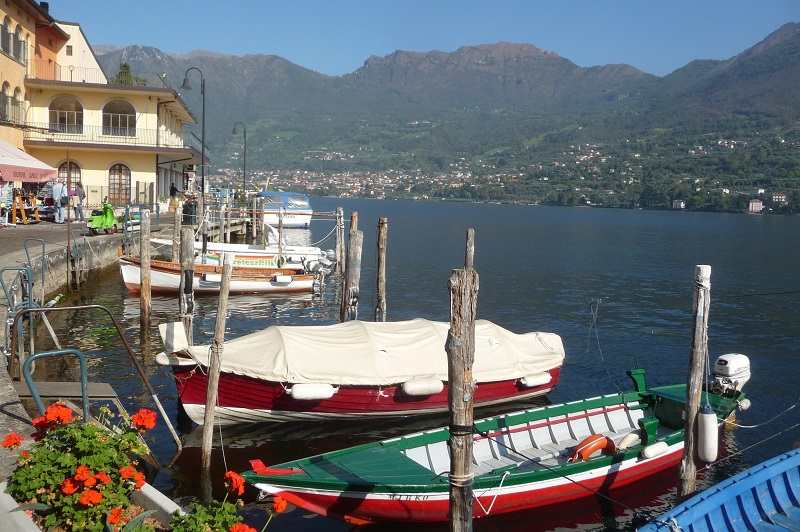Holiday boycotting an unsuitable campaign weapon
The calls for a holiday boycott are often loud when there are problems with wildlife and animal protection within another country. In the 1970s, CABS itself created the slogan "No holiday resort where bird slaughter takes place" and attempted to organise tourism boycotts around the Italian Adriatic Sea and Lake Garda as the preferred German holiday destinations at the time. Why it didn't work out and why we know today that this campaign instrument is counter intuitive, we can explain for you here.
Nobody joins in!

Even if some consumers are slowly beginning to recognise and use their power over the market - e.g. by buying organic food or switching to energy-saving electric models - money still counts as a costly business when it comes to holidays. Malta, Spain, Greece, Cyprus and Egypt have many cheap holiday offers and attract tourists en mass. A call for a boycott may initially cause unrest on the ground, but as the tourism industry quickly realises that visitor numbers are not declining, the call turns out to be much ado about nothing. In addition, people associate holidays with positive vibes and prefer to turn a blind eye to the problems associated with their preferred holiday destination. In the end, nobody joins in and the association, which has called for a boycott, makes itself look ridiculous and too radical.
A boycott hits the wrong people
Hotel operators and restaurant owners are rarely closely associated with poaching and hunting. As good entrepreneurs, they know what the foreign tourist want. Shooting in front of the hotel in the early morning is just as undesirable to them as it is to the tourists; as are mountains of dead birds at the weekly market or bird traps in the hiking areas. The tourism industry is a guarantor for many jobs in some areas, often provides modest prosperity and brings the local people into contact with foreigners, which promotes openness to the world and in the end often lets traditions recede into the background.
A boycott testifies to national arrogance
There is no country that is free of problems - be it the protection of nature or animals, human rights, poverty and much more that is deplorable. To pick on and condemn entire individual countries - for example Egypt for bird-trapping or Spain for bullfighting - oversimplifies very complex cultural issues and attests us all to arrogance. That leaves us, who want to achieve something positive in the respective countries, in a bad position and quickly discredits any good intent.
A boycott will turn people against us

Not every person evaluates the protection of nature or animals as we do. In almost all countries where hunting is rampant and there are major problems with poaching; there is still a majority that reject hunting culture. This may not be enough for people to get involved or take action against the abuses. But it is a good start. The call for a holiday boycott also affects these people, who in principle, are of our opinion. However, as they generally consider the issue to be less important, we risk alienating this part of the population against us and our cause. Even if a boycott somehow affected tourism, we would isolate local politicians, police officers and even environmental protection associations and slam all the doors shut. This is especially true for countries where we offend national pride with a tourism boycott - here you only leave scorched earth behind.
The biggest fans of a boycott are... the poachers!
Those who follow old traditions - especially those that have long been forbidden - are not open to strangers. Hunters and poachers therefore do not like one thing in particular: Foreign spectators. In our areas of operation, we observe that hunting and poaching are gradually being pushed back wherever tourism grows. Bird-trapping stops in the vicinity of large resorts as well as in areas where tourists engage in outdoor activities - be it hiking, cycling, climbing or horse riding. Tourists bring money and often a different view of the world with them, and local traditions often die out as a result. This may be a pity at times, but it is certainly a positive aspect of tourism when it comes to hunting and bird-trapping!
Conclusion: Go there!
Our conclusion: Don't be deterred by the problems of the holiday destination, but go there and contribute with small steps. Show the people, who are basically on our side that you can earn more money with an appreciation for nature than with an exploited landscape. If you hear shots, spot wild birds on a menu or find bird traps, complain to the hotel reception desk or the local tourist office - you'll achieve more than a holiday boycott!






